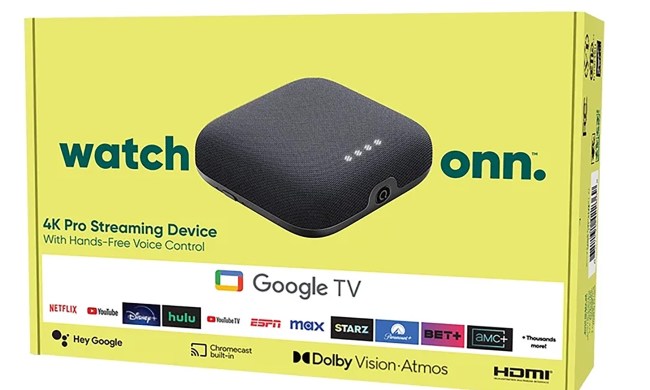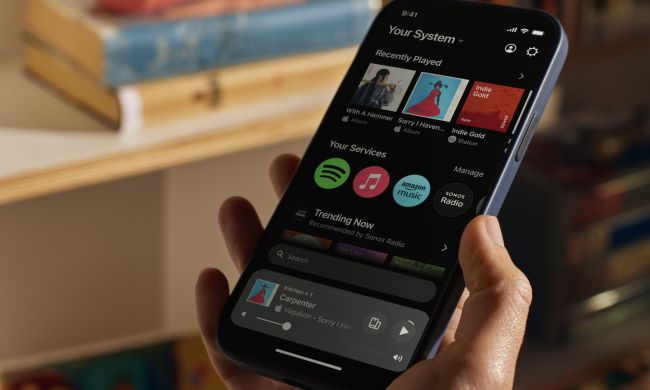Sonos made quite a splash in January when it sued Google for allegedly stealing its intellectual property. Now, Google is returning the favor.
The tech giant has countersued Sonos, alleging that the whole-house audio company infringed on five different Google patents. These patents include mesh networking, echo cancellation, DRM, content notifications, and personalized search.
In its initial lawsuit, Sonos claimed that during the time it had been partnered with Google to bring Google Play Music and Google Assistant to the platform, Google allegedly gathered knowledge about Sonos’ wireless audio system that it then used to create its own line of multiroom speakers.
Google does sell several smart wireless speakers, including the Google Nest Mini, Google Home, and Google Home Max, but Google disputed the claims at the time and told Digital Trends that it “will defend them vigorously.”
Enter Google’s countersuit. In a statement to Digital Trends, Google spokesperson Jose Castaneda said that the company is “disappointed that Sonos has made false claims about our work together and technology.”
“We are reluctantly defending ourselves by asserting our patent rights,” Castaneda said. “While we look to resolve our dispute, we will continue to ensure our shared customers have the best experience using our products.”
Google traditionally has shied away from filing lawsuits in the past. For it to take this kind of legal action, especially against a partner like Sonos, is somewhat unprecedented. But according to portions of the complaint shared with Digital Trends, Google believes there’s merit in taking these steps.
“Google is proud of its more than five-year partnership with Sonos and has worked constructively with Sonos to make the companies’ products work seamlessly by building special integrations for Sonos. For instance, when Google rolled out the ability to set a Sonos speaker as the default option for Google Assistant, it was the first time Google had done that for any partner company. Sonos has made false claims about the companies’ shared work and Google’s technology in the lawsuits that Sonos filed against Google earlier this year. While Google rarely sues other companies for patent infringement, it must assert its intellectual property rights here.
“Sonos is actively infringing Google’s intellectual property. Sonos has no license to use Google’s patents. Because Sonos refuses to cease its infringement and is unwilling to recognize the value of Google’s technology through a license, Google has filed this suit to protect its intellectual property.”
Sonos issued this response from Sonos CEO Patrick Spence to Digital Trends:
“Instead of simply addressing the merits of our case, and paying us what we’re owed, Google has chosen to use their size and breadth to try and find areas in which they can retaliate. We look forward to winning our original case, and this newly filed case as well.
“As we saw in the past with Eero, and have seen most recently with Zoom, Google seems to have no shame in copying the innovations of smaller American companies in their attempts to extend their search and advertising monopolies into new categories.
“We’re mostly sad to see a once-innovative company with the mission of “Do No Evil” avoid addressing the fact they’ve infringed on our inventions, and have turned to strong-arm tactics the robber barons of old would have applauded.”
It doesn’t seem like this dispute will have a quick resolution, but the outcome could get messy. If Sonos and Google break their partnership because of these suits, Google’s voice and music services could realistically leave the Sonos platform.
Sonos would still have a solid catalog of other music streaming services without Google Play Music, and Amazon Alexa voice support would remain in the absence of Google Assistant. Essentially, it is highly likely that Sonos would survive without Google as a partner, but its services would be far less accessible for those invested in the Google ecosystem, which would undoubtedly be a damaging blow to all parties involved.



